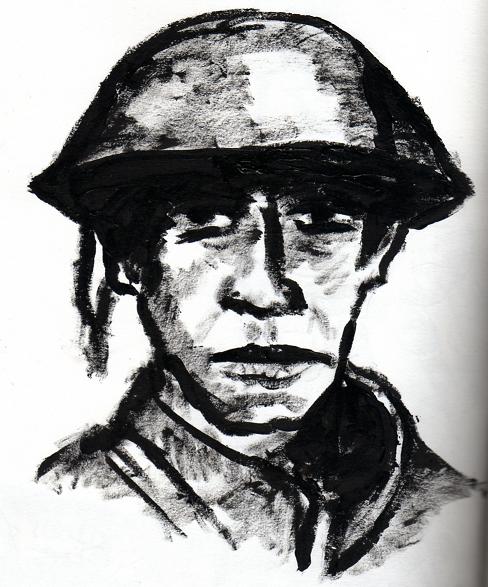The transition from military life to civilian life encompasses numerous opportunities for former service members: gainful employment, both long-term and short-term, volunteer work, and in some cases vocational training as well as attendance at a two-year and/or four-year college or university. While a clear majority of veterans do not choose the latter, some do, and it represents a special opportunity to educate themselves and earn a valuable college degree which leads to professional fulfilment and personal enrichment.
There are currently tens of thousands of recently discharged military veterans attending colleges and universities throughout the United States. While many of these veterans were discharged with little or no side effects from their time in uniform, some have come to campus suffering from the effects of post-traumatic-stress-disorder (PTSD), after having served during a time of war, namely the Iraqi and Afghanistan wars (2002 – present).
Even though many of these veterans have elected to take treatment in traditional ways, that is, medicine and therapy, others have sought out non-traditional methods as well. It is in this vain, the use of non-traditional methods to treat PTSD, that this project – Beyond the Thousand Yard Stare was undertaken.
From a holistic point of view, healing from trauma associated to military service means learning to come back to feeling one’s sense of self along with its full range of emotions and physical experiences intact. Recent research suggests that many alternative interventions unrelated to drugs and therapy are aiding in the healing process. These include acupuncture, yoga, meditation, and emotional freedom techniques.
It is under these auspices that one more alternative method to deal with PTSD is added to the list – the study of the humanities – an effort that uses the rigor of academics to help veterans will find peace of mind and solace of the soul. This effort includes studying subjects ranging from history, literature, philosophy, theology, music, art, and drama. While these studies are not absolute, they do provide a new avenue by which veterans can journey beyond the ills of PTSD and the thousand yard stare.
Professor John P. Williams / Collin College
